Why you should never put “London” and “culture” together in a sentence (November 27, 2016)
I normally restrain from posting my gripes about current affairs or politics publicly, but why not try once? I’ll write about culture — and money! — in different countries. This will be a start of my series If You Think London’s Culture is Vibrant You Haven’t Been to Any Other Major City in the World.
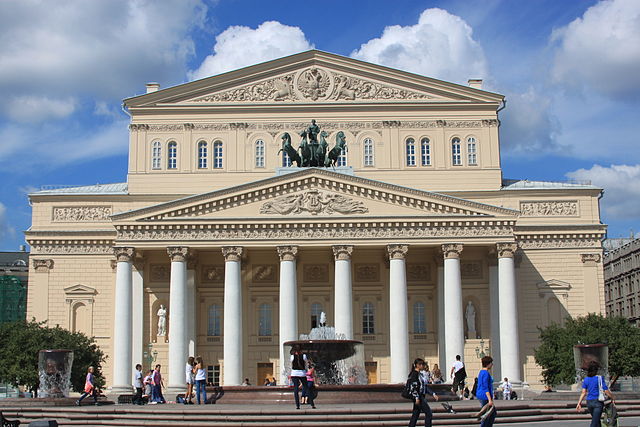
This is the main building of the Bolshoi Theatre in Moscow. If you have a look at the headlines in The Guardian, you’ll learn that Russia is run by an autocrat, the corruption is rampant, the economy is stagnating, the best minds are fleeing. The country is not even in top 10 largest economies worldwide! Yes, yes. Nevertheless, in 2005 Bolshoi Theatre in Moscow closes for renovation, the largest in scope it has ever had, with a plan to reopen in 2008. Here’s what it looked like back then.
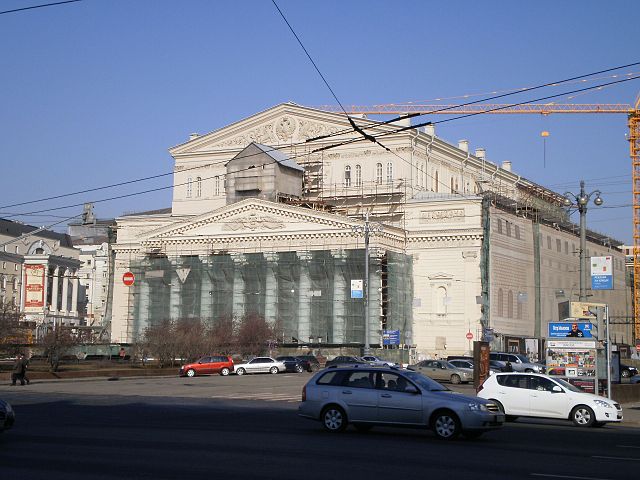
Come 2008, then Minister of Culture announces that it would be impossible to complete the works on time and provided everyone with a new estimate of finishing in 2010-2011. What follows in the years after is a story of several embezzlement scandals, incessant rotation of people responsible for the restoration works, and budget overruns. In late 2010, nevertheless, the theatre’s first hall becomes open for the public, with its building still being completely wrapped in scaffolding, and a year later, in October 2011, Bolshoi reopens completely. Official figures for the final costs are in the region of $700 mil, some sources quote estimates up to $1.1 bil.
Was it expensive? Sure. Did a significant part of that money landed in wrong hands? Absolutely. Nevertheless, Moscow now has a renewed Bolshoi for everyone to enjoy.
How about some stories from Europe? Hamburg — in 2007 works have started on top of the older port warehouses for the Elbphilharmonie building, a new seat of the Philharmoniker Hamburg orchestra.
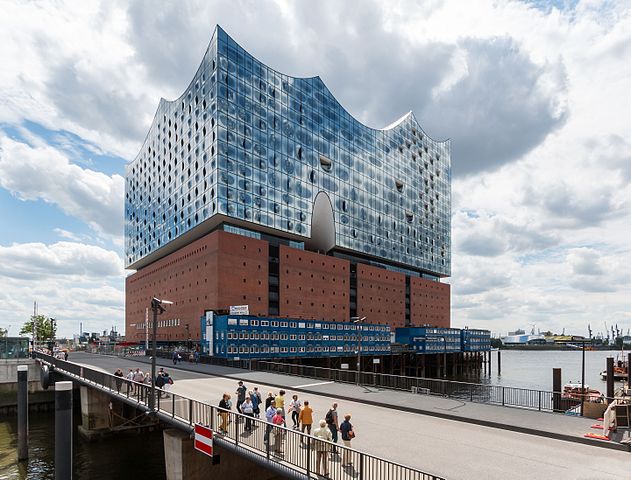
In 2007 it was expected to finish the building in 2010, in 2010 the date moved to 2012, and the building was finally unveiled in October 2016. It costs between $800—850 mil, which is even more impressive given that Hamburg is not a large city by any measure and is not a nation’s capital. The Elbphilharmonie will be opened for performances in early 2017, ten years after the construction has started, and Hamburgers will have access to another world-class classical music venue.
Copenhagen — in the former docks area on top of the Holmen group of islands, a new opera house is built between 2001 and 2005.
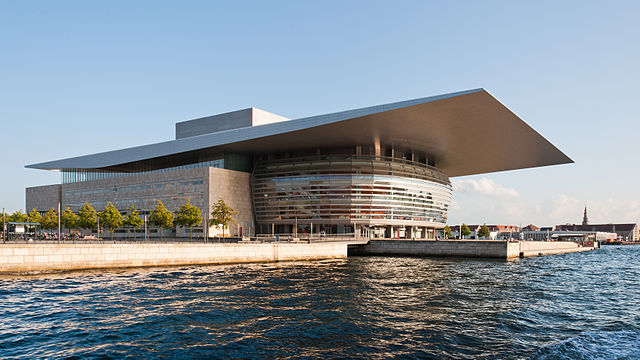
The building is completely funded by a family behind the Mærsk shipping company, but — here’s the catch — is completely tax-deductible for Mærsk, which means it was the Danish government who paid for it. The price was in the $500 mil area, and don’t forget that Danish economy is not even in top 25 worldwide.
Now let’s move back to the UK, a fifth economy in the world. How sad and different is the state of affairs that we see here! From 2000, there were zero new development in the cultural sphere in the country’s largest city. A noticeable blip of that period is the 2001 relocation of the British Library into its own building which allowed British Museum to open its Great Court. Here it is, the pinnacle of sixteen years of British public architecture.
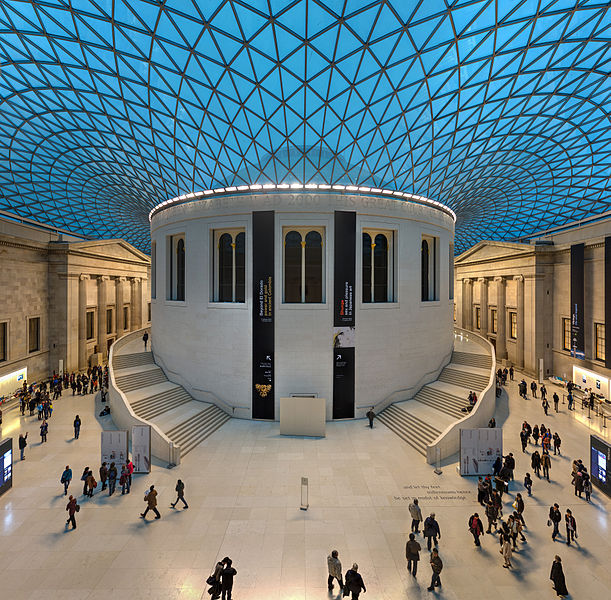
The Shakespeare’s Globe theatre, the only original conception in this field, was completed in 1997, almost twenty years ago. Tate Modern was opened in 2000, in the pre-existing building. Southbank Centre, which some may call a home for the most cutting-edge art in London, was built in the 1950s.
Now how about the UK government adopting “let’s build more cultural venues” instead of “let’s build more affordable housing to house drug addicts” mantra?
Later update
This post caused a lot of feedback from my readers. A typical complaint from die-hard Londoners was that I’m putting too much weight on what they call “investment in culture”. They invited me to look deeper into the actual events happening on the London cultural scene, as opposed (in their view) to the real estate development.
That’s a fair comment. Some of the best cultural events in London are truly great, and I can’t even imagine myself seeing them all. The thing is that investment in culture signals a certain worldview. When I praise Vienna for having not one, but two classical movie establishments (Filmmuseum that has its own screening space, and Filmarchiv that uses Kinokulturhaus to show its films), it’s not because I ever hope to see everything they have to offer. It’s because having places like this is what makes us members of a human race. And London sometimes works really hard to make Londoners forget they are.
- No public Twitter messages.